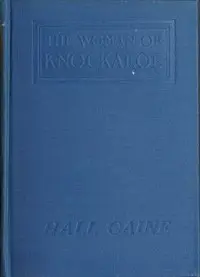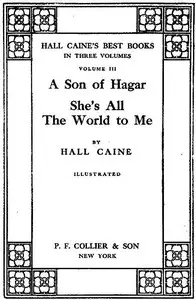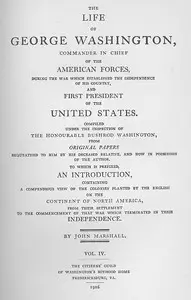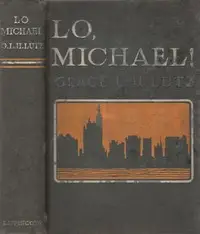"The Christian: A Story" by Hall Caine is a novel written in the late 19th century. The narrative follows two central characters, John Storm, a young clergyman driven by an intense moral conviction, and Glory Quayle, a spirited girl with a longing for adventure and personal freedom. Set against the backdrop of the Isle of Man and later the bustling streets of London, the story explores themes of faith, love, and the struggle between spiritual devotion and worldly desires. At the start of the novel, we are introduced to the three pivotal characters aboard a steamer bound for Liverpool. The cheerful young Glory bids farewell to her old grandfather, Parson Quayle, while the somber young clergyman John Storm is present, hinting at a deeper connection between him and Glory. The opening captures the vibrant contrast between Glory's youthful exuberance and the weighty expectations of her grandfather, alongside John's solemn dedication to his faith. As the story unfolds, Glory's transition from her cherished island home to the potential vastness of London sets the stage for a journey intertwined with personal discovery and burgeoning romance, while John embarks on a path to serve as a clergyman amid the complexities of urban life. (This is an automatically generated summary.)

The Christian: A Story
By Hall Caine
"The Christian: A Story" by Hall Caine is a novel written in the late 19th century. The narrative follows two central characters, John Storm, a young ...
Sir Thomas Henry Hall Caine, usually known as Hall Caine, was a British novelist, dramatist, short story writer, poet and critic of the late 19th and early 20th century. Caine's popularity during his lifetime was unprecedented. He wrote 15 novels on subjects of adultery, divorce, domestic violence, illegitimacy, infanticide, religious bigotry and women's rights, became an international literary celebrity, and sold a total of ten million books. Caine was the most highly paid novelist of his day. The Eternal City is the first novel to have sold over a million copies worldwide. In addition to his books, Caine is the author of more than a dozen plays and was one of the most commercially successful dramatists of his time; many were West End and Broadway productions. Caine adapted seven of his novels for the stage. He collaborated with leading actors and managers, including Wilson Barrett, Viola Allen, Herbert Beerbohm Tree, Louis Napoleon Parker, Mrs Patrick Campbell, George Alexander, and Arthur Collins. Most of Caine's novels were adapted into silent black and white films. A. E. Coleby's 1923 18,454 feet, nineteen-reel film The Prodigal Son became the longest commercially made British film. Alfred Hitchcock's 1929 film The Manxman, is Hitchcock's last silent film.


















